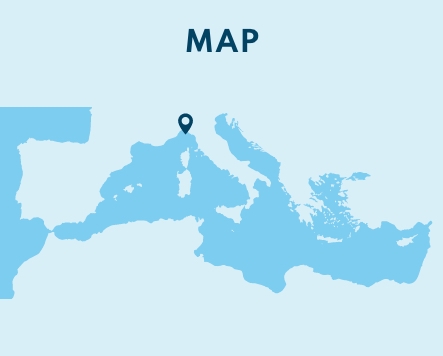
Seafood Ecological Footprint
Supporting sustainable artisanal seafood commodity markets
The Seafood Ecological Footprint project aims to promote sustainable artisanal seafood commodity market in Croatia, Italy, and Turkey.
Objectives:
Empower individuals to act together to create a long-lasting impact in their livelihoods and region.
Reduce fishing pressure, specifically on fish species near the top of the food web, in the Mediterranean through increased consumer awareness.
Promote and prove the benefits of small-scale fisheries
Provide robust data on consumers dietary preferences in order to shed light on the role dietary choices can play in the transition towards sustainability
Develop and provide tools to help consumers make informed decisions at the fish market.
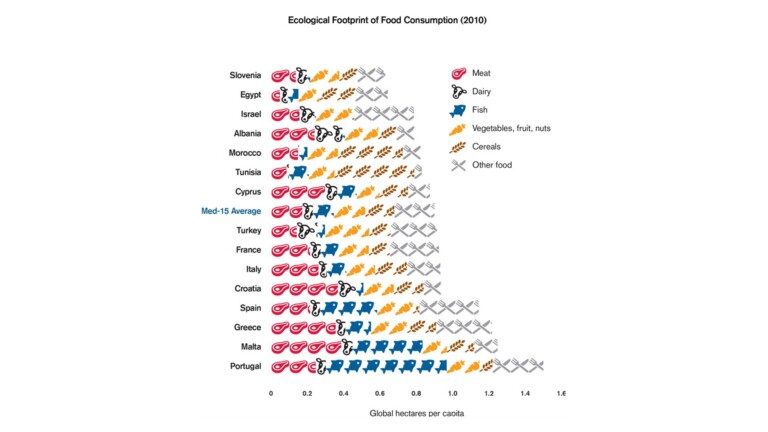
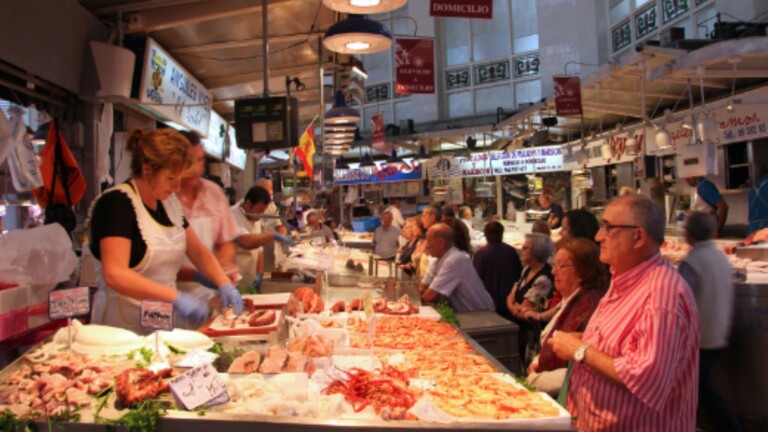
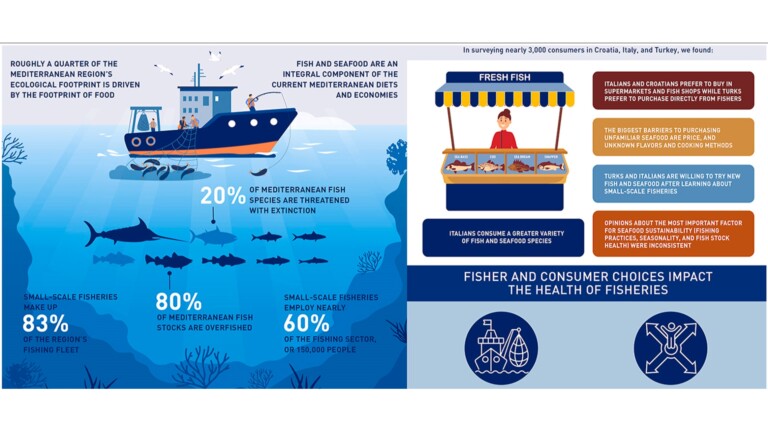
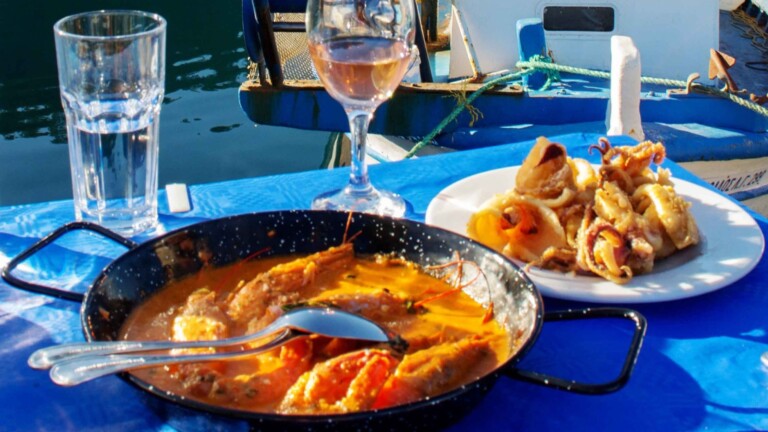

Partners


Seafood is central to the Mediterranean diet. Residents and visitors alike tend to prefer certain seafood species whose populations are rapidly declining in the Mediterranean Sea. Diversifying regional seafood preferences has the potential to reduce pressure on marine ecosystems while supporting local fishing economies. It is on these observations that the project was born and aims to support sustainable artisanal seafood commodity markets.
Budget (total) : 216,350€